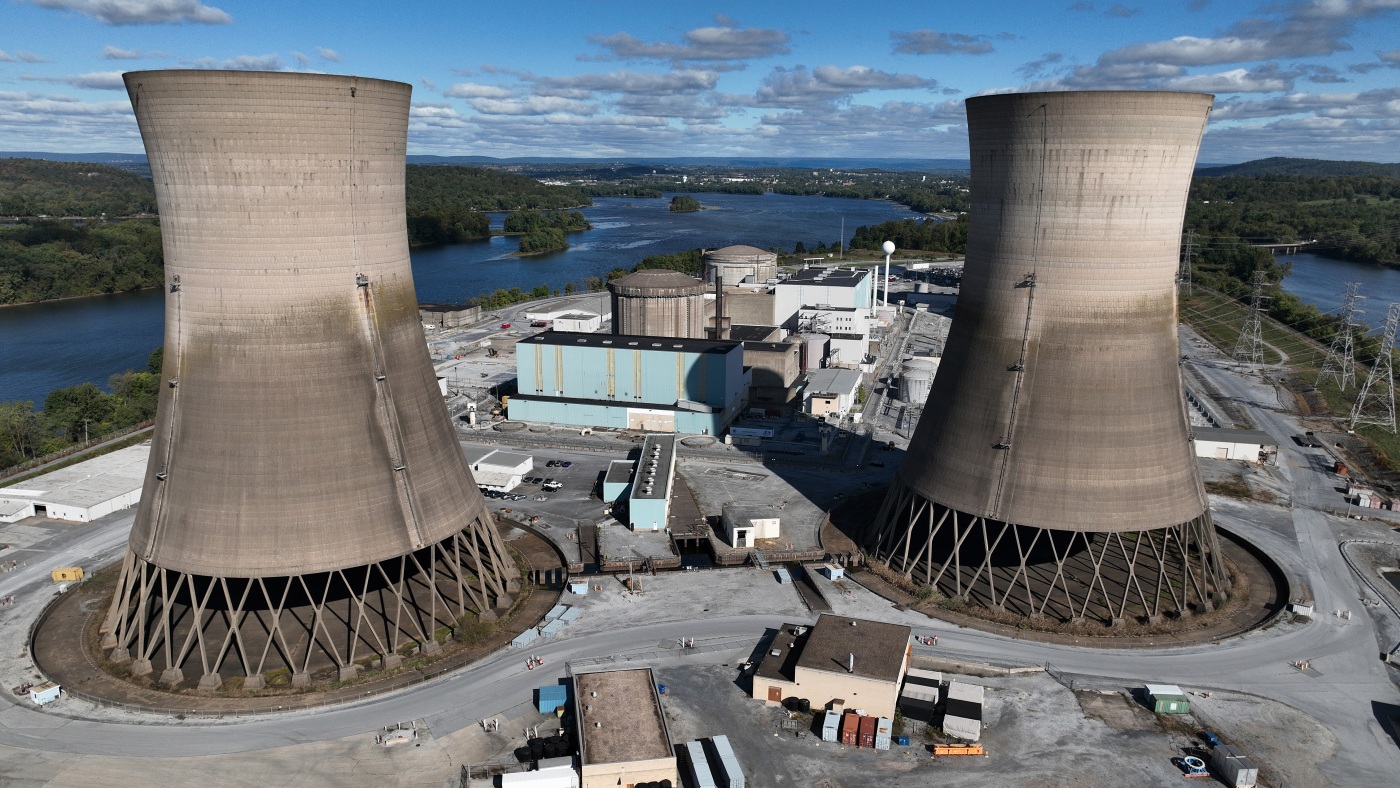Trump’s Control Over Independent Agencies: A Detailed Analysis
The Trump administration’s efforts to tighten control over independent agencies, particularly those overseeing nuclear safety and energy regulation, have ignited a firestorm of controversy and concern. This strategic move is part of a larger initiative to assert greater influence over regulatory bodies, potentially jeopardizing their autonomy and operational efficacy.
The Executive Order and Its Ramifications
The Trump administration’s executive order mandates that several independent regulatory agencies submit their policy changes for review by the Office of Management and Budget (OMB). This directive impacts key agencies such as the Consumer Product Safety Commission, the Federal Deposit Insurance Corporation, and the Federal Energy Regulatory Commission. The ostensible goal is to align these agencies’ actions with the President’s policies and priorities. However, this heightened scrutiny has alarmed experts, who caution that it could undermine the independence and effectiveness of these vital regulatory bodies.
The executive order represents a significant shift in the balance of power between the executive branch and independent regulatory agencies. By requiring these agencies to submit their policy changes for OMB review, the administration is effectively inserting itself into the regulatory process, potentially delaying or altering decisions that could have far-reaching implications for public safety and national security. This move is not without precedent, as previous administrations, dating back to Ronald Reagan, have employed similar tactics to expand their control over independent agencies. However, the breadth and scope of the Trump administration’s efforts are unprecedented, raising serious constitutional and practical concerns.
Nuclear Safety and Regulatory Independence
The executive order’s impact on nuclear safety is particularly alarming. The Nuclear Regulatory Commission (NRC) is tasked with overseeing the safety of America’s nuclear reactors, a responsibility that requires unwavering independence and expertise. The Trump administration’s attempts to tighten control over the NRC have sparked fears that safety could be compromised in favor of expedience and political gain. Experts warn that this could lead to a radical overhaul of how nuclear projects are licensed, potentially putting public safety at risk.
The National Nuclear Security Administration (NNSA), which oversees the U.S. stockpile of nuclear weapons, has also been caught in the administration’s crosshairs. The NNSA’s semi-autonomous status within the Department of Energy is crucial for maintaining the safety and reliability of nuclear weapons. The administration’s chaotic handling of the NNSA, including attempts to fire and then reinstate hundreds of employees, has raised serious concerns about the agency’s stability and effectiveness.
The Chaos at the NNSA
The Trump administration’s actions at the NNSA have been nothing short of chaotic. Officials were given mere hours to fire hundreds of employees, many of whom were essential to the agency’s operations. The administration later reversed course on these firings, acknowledging the dire national security implications. However, the damage had already been done, leaving the agency in disarray. The struggle to reinstate the fired employees highlighted the administration’s lack of understanding of the NNSA’s critical role in national security.
The Impact on Other Agencies
The executive order’s reach extends beyond nuclear safety, affecting other independent agencies such as the Consumer Product Safety Commission and the Federal Deposit Insurance Corporation. These agencies play pivotal roles in ensuring the safety of consumer products and the stability of the banking system, respectively. The increased oversight by the OMB could lead to delays in policy implementation and potentially compromise the effectiveness of these agencies.
The Consumer Product Safety Commission, for instance, is responsible for protecting the public from unreasonable risks of injury or death associated with the use of thousands of types of consumer products. Any delay or alteration in the commission’s policy decisions could have dire consequences for public safety. Similarly, the Federal Deposit Insurance Corporation plays a crucial role in maintaining the stability of the banking system, a responsibility that requires swift and decisive action in times of crisis.
Constitutional and Practical Concerns
The executive order’s broad assertion of presidential power has raised constitutional concerns. Critics argue that it embraces a constitutionally questionable theory that presidents dating back to Ronald Reagan have used to expand their control over independent agencies. This move could set a dangerous precedent for future administrations, potentially leading to a further erosion of the independence of regulatory bodies.
The executive order’s practical implications are equally concerning. By inserting the OMB into the regulatory process, the administration is effectively delaying decision-making and potentially altering policy outcomes. This could have far-reaching implications for public safety and national security, as agencies may be forced to prioritize political expediency over their core missions.
The Need for Independence
The Trump administration’s tightening control over independent agencies poses significant risks to public safety and national security. The executive order’s requirement for agencies to submit their policy changes for OMB review undermines the independence and effectiveness of these critical regulatory bodies. It is imperative to preserve the independence of these agencies to ensure that they can continue to operate in the best interests of public safety and national security, free from political influence and interference.
The independence of regulatory agencies is a cornerstone of effective governance. It ensures that decisions are made based on expertise and evidence, rather than political expediency. The Trump administration’s efforts to undermine this independence are a cause for concern and a call to action. It is crucial that we stand up for the independence of these agencies, not just for the sake of good governance, but for the safety and security of all Americans.

